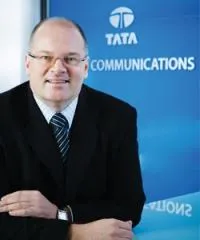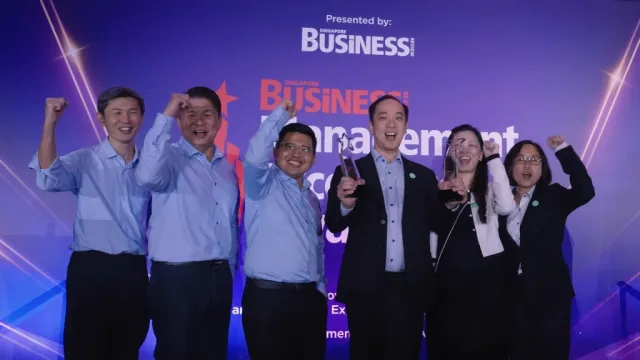
Tata creates first security consortium for Asian banks
Risk has always been a norm in the finance industry, and banks and financial institutions have learned to address its challenges. Convenience is the catchphrase of the internet: one can have access to all kinds of information anywhere in the world in just one click. However, this convenience has also benefited hackers whose intentions range from sabotage to shutting down an entire business ecosystem.
In June 2008, the Monetary Authority of Singapore (MAS) issued the third and by far the widest encompassing version of the Internet Banking and Technology Risk Management (IBTRM) guidelines. This version, created in consultation with the financial sector and the technology industry, contains expanded guidance for the best practices suited to combat cyber threats and attacks and to be prepared for emerging ones.
In essence, the IBTRM guidelines require banks to: “establish a sound and robust technology risk management process; enhance the availability, security and recovery capability of their systems; and deploy strong cryptography to protect the integrity of customers’ data and transactions.”(MAS 2008)As the MAS guidelines are both comprehensive and complex, banks would normally need the assistance of various security firms to address specific requirements.
To specifically address the IBTRM guidelines, Tata Communications announced that it would spearhead a Security Compliance Consortium. According to Richard Knott, Asia Pacific Vice President Enterprise Sales & Managed Services, Tata Communications.
“The consortium serves as a one-stop shop that provides customized solutions for the needs of each company. We provide comprehensive solutions for customers to meet their risk management needs. We provide that on a managed services basis, which allows the customers to concentrate on their core business and to give us the responsibility for keeping up with the latest technological trends, providing the best technological solutions and providing an overall service level for their security requirements.”












